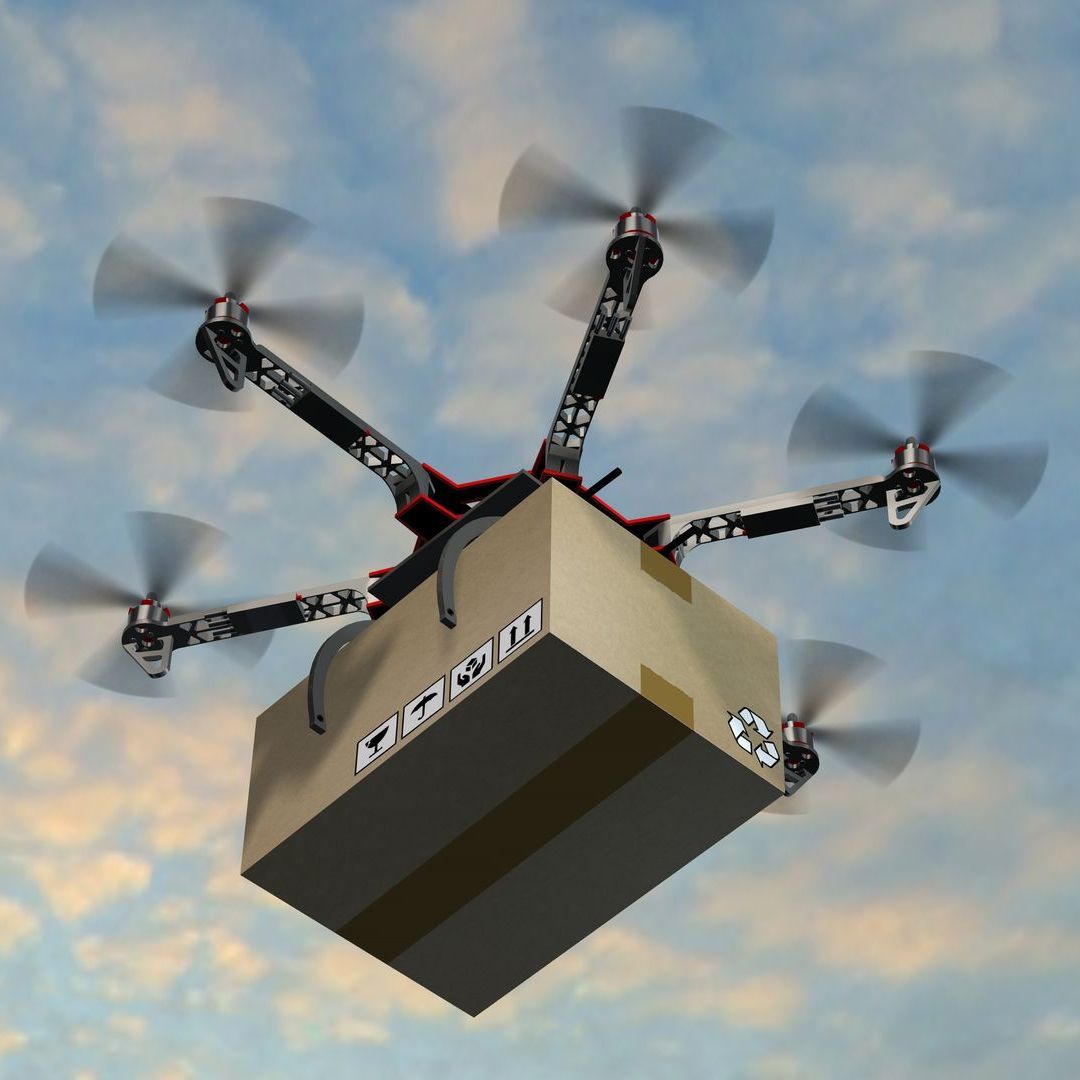Building Sustainable Smart Cities
Paving the Way for a Greener Future
As our cities continue to grow, so do the environmental challenges we face. However, with the advent of smart technologies, we now have the opportunity to transform our urban landscapes into sustainable and resilient ecosystems. In this blog, we will explore the environmental challenges we confront today and delve into the innovative sustainable technologies that cities can adopt to become the smart cities of the future. Environmental Challenges: Our cities grapple with a myriad of environmental challenges, including pollution, resource depletion, and climate change. These issues threaten the well-being of our communities, strain our resources, and harm the planet we call home. It is imperative that we take action to mitigate these challenges and pave the way for a greener and more sustainable future. Smart Solutions for Sustainable Cities:
1. Renewable Energy: Embracing renewable energy sources such as solar, wind, and geothermal power can significantly reduce carbon emissions and dependence on fossil fuels. Smart cities can integrate renewable energy systems into their infrastructure, powering homes, businesses, and public spaces with clean and sustainable energy.
2. Energy Efficiency: Smart grids, energy-efficient buildings, and intelligent lighting systems can optimize energy consumption, reducing waste and lowering greenhouse gas emissions. By utilizing smart technologies to monitor and manage energy usage, cities can achieve significant energy savings and promote a more sustainable future.
3. Smart Transportation: Encouraging the use of electric vehicles, implementing intelligent traffic management systems, and promoting public transportation can alleviate traffic congestion, reduce air pollution, and enhance urban mobility. Smart cities can integrate transportation infrastructure with digital technologies to create seamless, sustainable, and efficient transportation networks.
4. Waste Management: Implementing smart waste management systems that utilize sensors and data analytics can optimize waste collection routes, reduce landfill waste, and promote recycling and composting. This not only minimizes environmental impact but also improves the quality of life for residents by creating cleaner and healthier urban environments.
5. Water Management: Smart water management technologies enable efficient water usage, leakage detection, and conservation. Implementing smart irrigation systems, rainwater harvesting, and water recycling can ensure sustainable water management in cities, particularly in regions prone to water scarcity.
6. Green Spaces and Urban Agriculture: Designing and preserving green spaces, rooftop gardens, and urban farms can enhance biodiversity, mitigate the urban heat island effect, and promote local food production. Smart technologies can optimize irrigation, monitor soil conditions, and improve the overall management of green spaces, creating healthier and more sustainable urban environments.
Conclusion: The challenges we face today demand bold and innovative solutions. By embracing sustainable technologies, cities can transform into smart cities of the future, leading the way towards a greener and more sustainable world. Through the adoption of renewable energy, energy-efficient practices, smart transportation systems, efficient waste and water management, and the integration of green spaces and urban agriculture, we can overcome environmental challenges, preserve our planet, and create thriving communities for generations to come. Together, let's build smart cities that harmonize technology and sustainability, paving the way for a brighter and greener future.






